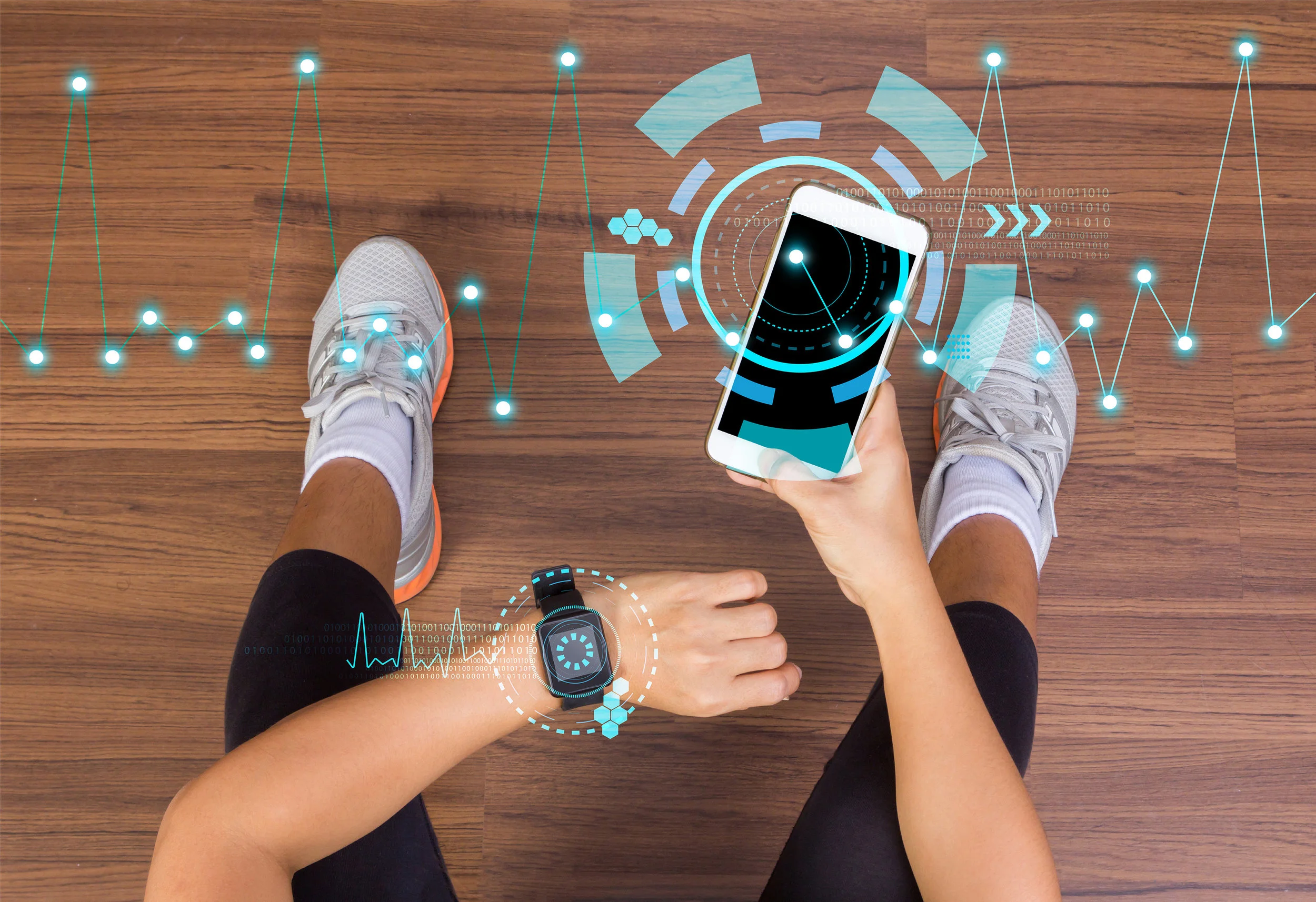Wearable fitness trackers are pegged to be one of the top fitness trends of 2019, according to a report by ACSM’s Worldwide Survey of Fitness Trends.
If you haven’t jumped on the fitness tracker boat yet, and are wondering if the hype is worth the investment, here are a few points to ponder…
They Look Cool.
Okay, maybe that’s subjective, but some of the watch-style trackers have definitely made fashion a selling point. Glancing at your wrist, in the style of “Oh, just checking the time” is also a little more laid back, image-wise, than laboring over your phone while in line at the coffee shop, to check your stats.
There’s Evidence They Help. (There’s Also Evidence They Don’t).
Information tends to assist in hitting health goals. There was the stage of exercise-related knowledge development when calorie tracking was introduced, then the concept of hitting macros, and now, knowing just how much energy you’ve burned--as opposed to guessing--is the next level of using information to guide your fitness and health goal making and decision process.
A recent article by WIRED pointed out that the scientific study of wearable fitness gadgets has pointed towards them being ineffective at keeping people engaged and moving towards fitness goals...but they also point out that the studies have used small sample sizes and have focused on first generation devices, not the superstars they are today.
Simple step counters no more, today’s fitness gadgets can track your sleep habits and offer nudges if you haven’t done a normal-for-you workout by week’s end. In the end, you’ll have to be your own judge about how information like this could help you meet fitness goals; if you benefit from tangible reminders and technologically integrated solutions, then a fitness tracker might be for you.


